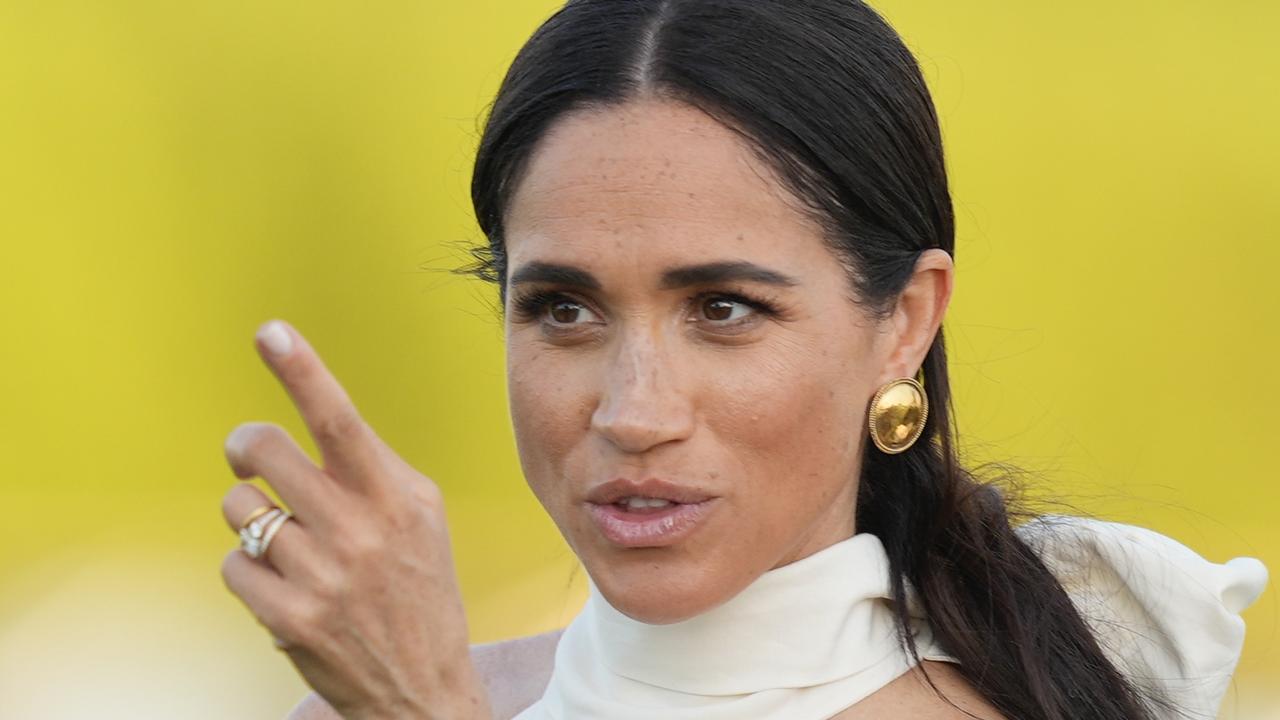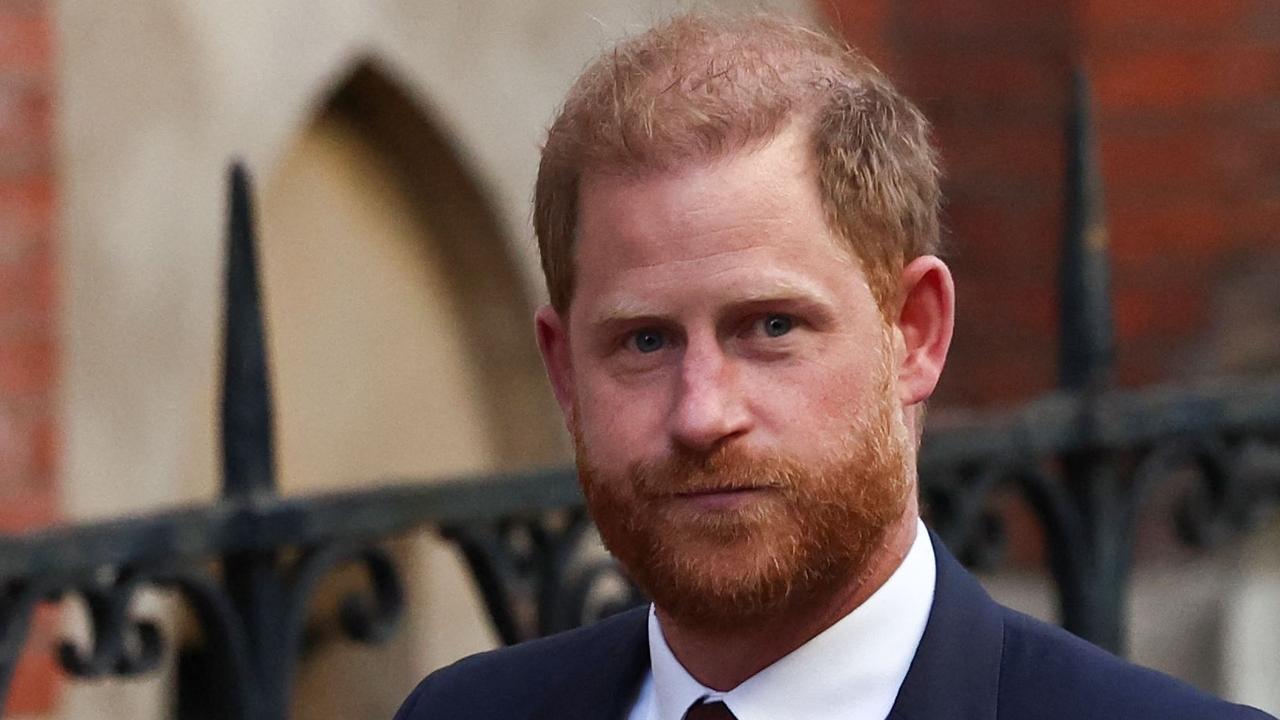Britain’s Prince Charles: future activist king, or apolitical figurehead?
PRINCE Charles’s views on climate change and other issues could create problems when he is king unless he adopts his mother’s famed discretion. But will the outspoken prince be silenced?
Royals
Don't miss out on the headlines from Royals. Followed categories will be added to My News.
PRINCE Charles — architecture enthusiast, salmon angler, environmentalist and prospective future activist king.
It’s almost time for the Prince of Wales to put his cards on the table: will he be a catalyst for change within the monarchy, or will he carry on with his mother’s politically neutral legacy?
Queen Elizabeth II’s approach to world affairs has traditionally been apolitical, however her restraint is an exception to a chequered history of meddling monarchs.
The British monarch is supposed to be a figurehead who performs ceremonial functions but does not exercise political power.
However, some figureheads who have not always toed the line. Queen Victoria (1818-1901) was extremely interventionist and regularly fought with her prime ministers. During the reign of her grandson, King George V (1865-1936), there were two constitutional crises in which he was forced to take a stand.
In the wake of a world financial crisis, he asked then British Prime Minister Ramsay MacDonald to form a national coalition government in 1931. He also reluctantly agreed to create more Liberal peers to ensure the passage of the Parliament Act in 1911.
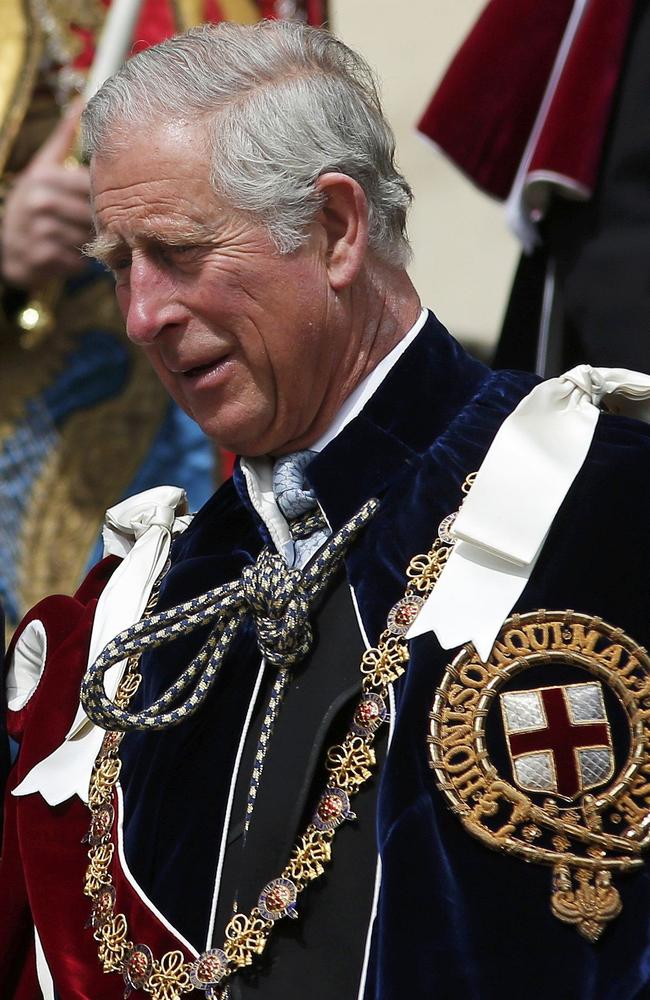
It’s been reported sources close to Prince Charles said he will continue to express concerns and ask questions about issues that matter to him once he takes over the throne.
However until that point, these rumours will likely remain unfounded.
Former deputy head of Australians for Constitutional Monarchy, Peter Cavanagh, dismisses speculation Prince Charles will become an activist king.
“That is the role of the monarch — to be apolitical. Prince Charles has been schooled for 60 years in the role,” he told News Corp.
“I think that’s just speculation to say that he will be an activist monarch. I don’t think that’s the case at all.”
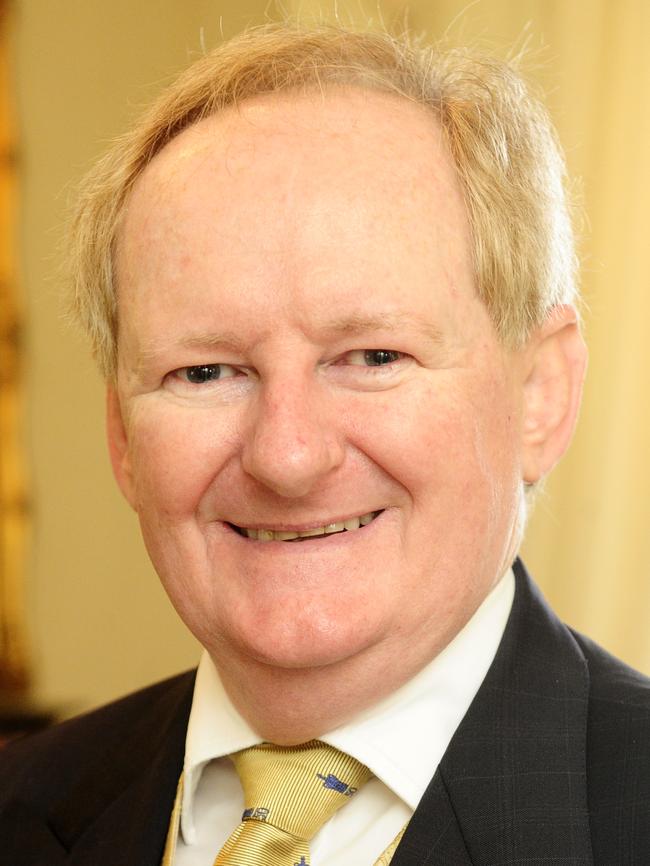
During a fundraiser this month for humanitarian agency World Jewish Relief, Prince Charles warned the lessons of World War II were in “increasing danger” of being forgotten. He was referring to the “indescribable persecution” Holocaust survivor and former Olympic weightlifting champion Ben Helfgott faced.
“The work of World Jewish Relief enables us to rally together to do what we can to support people practically, emotionally and spiritually,” he said.
MORE: Prince Charles’ ominous message to the world
“Particularly at a time when the horrific lessons of the last war seem to be in increasing danger of being forgotten”.
His reference to the “horrific lessons of the last war” were reported to have been interpreted by some as an attack on US President Donald and his immigration ban.
The Prince of Wales also warned of the “rise of populism” in his Christmas message, shortly before President Trump was inaugurated.
He said there were “deeply disturbing echoes of the dark days of the 1930s” and “evil” religious persecution occurring across the world, alluding to the rise of the far-right in Europe.
“My parents’ generation fought and died in a battle against intolerance, monstrous extremism and an inhuman attempt to exterminate the Jewish population of Europe,” he said.
“That nearly 70 years later we should still be seeing such evil persecution is to me beyond all belief.
“We owe it to those who suffered and died so horribly not to repeat the horrors of the past.”
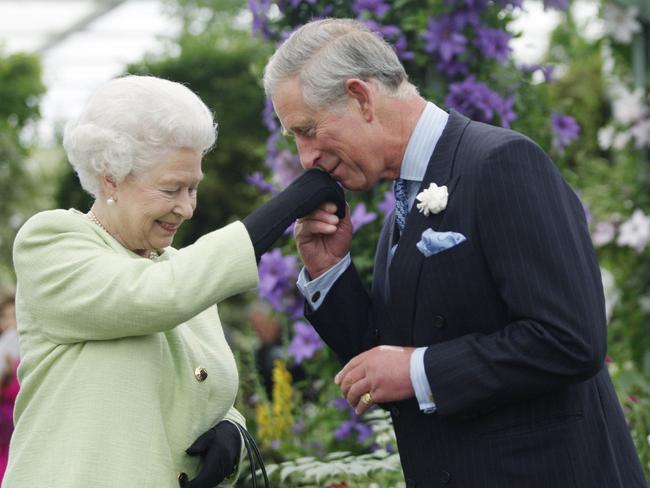
The outspoken Prince is rumoured to have already won the ire of US President Donald Trump, who reportedly said he didn’t want to meet during his upcoming visit to Britain because of their dispute over global warming.
Prince Charles is a famously vocal environmentalist and has co-authored a book on solutions to climate change.
He has also sent correspondence to members of Parliament — known as the “black spider” memos — lobbying senior UK ministers on a wide range of issues including architecture, agriculture, the armed forces, and even homoeopathy.
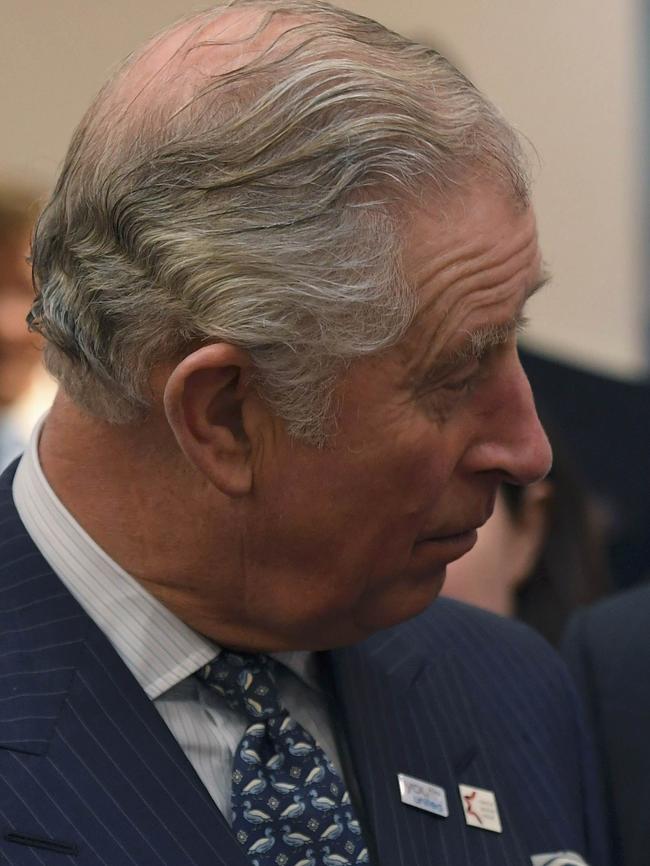
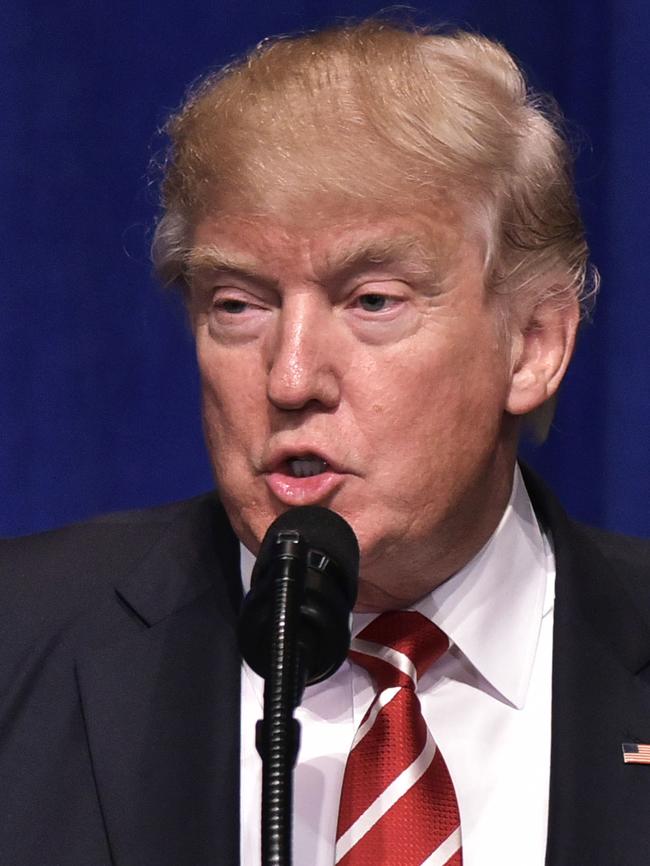
Until he becomes Britain’s 67th monarch, Mr Cavanagh said Prince Charles was “entitled to say and do whatever he likes”.
“Like any other citizen, he’s entitled to his views and he’s entitled to express them. If it were anyone other than Prince Charles, we wouldn’t be having this conversation,” he said.
While acknowledging some of Prince Charles’ predecessors had wielded political power, Mr Cavanagh said the role of the monarchy had changed significantly over time.
“What Elizabeth I did and Queen Victoria did is not necessarily relevant today,” he said.
“Constitutional monarchy has evolved over the centuries and I will presume it will continue to do so to meet the needs of the time,” he said.
Publicly, Mr Cavanagh said he expected Prince Charles would be quiet on the political front when he becomes king.
“I can’t see him going against his training,” he said.
“The Queen has been scrupulous in that all the way through and Prince Charles will.”
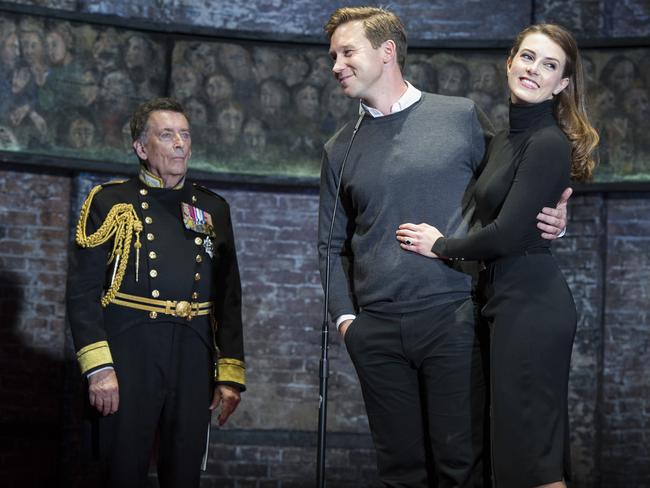
However, Flinders University Associate Professor Giselle Bastin said she believed the Prince of Wales would “certainly be more of a so-called activist monarch than his mother”.
Professor Bastin, who lectures English and writes about royal biographies, said Prince Charles took a very different approach to how he addresses issues in the world compared to Queen Elizabeth.
“He is more public about having very passionate feelings about certain issues such as the environment and architecture, equality in the community and people of different faiths,” she said.
“His mother may well share some similar views, certainly some similar passions, but she would never express them. She belongs to the old school where you stayed pretty much utterly oyster, where you kept a very clear divide about your personal views and your public role.”
Growing up in the second half of the 20th century, Professor Bastin said Prince Charles could be more inclined to adhere to the notions of freedom of speech.
When Donald Trump took over the US presidency, many expected he would suddenly conform to the expectations of the role.
But if anything, President Trump has proven he is a man of his word. His immediate preparations for the controversial Mexican border wall, withdrawal from the trans-Pacific Partnership and issuing of an executive order on immigration indicate he plans to honour his election promises.
“There’s a precedent there for the rule book to be rewritten, certainly in terms of heads of state,” Professor Bastin said.
“Charles said in 1995 in a Panorama interview that he would find it very hard being king because of the pressures and constrictions of the role.
“He’s had a lifetime of training and discipline and his mother as the role model, so he knows he has to tow a very careful constitutional line when he gets into the job.”
Professor Bastin said she expected while Prince Charles might “give way to the occasional view” — a significant departure from the Queen Elizabeth’s ruling, who expresses no agenda whatsoever — but would largely respect the traditions honoured by his mother.
She said the reverence Britain holds for the Queen means the public will want Prince Charles to be “a touch more like her” when he takes over the monarchy.
“He is not as yet the monarch so he may well change when he becomes the head of the Church of England, the head of the UK and the Commonwealth. He may draw a clearer line between what he does publicly and what he says privately, and vice versa,” she said.
Originally published as Britain’s Prince Charles: future activist king, or apolitical figurehead?

